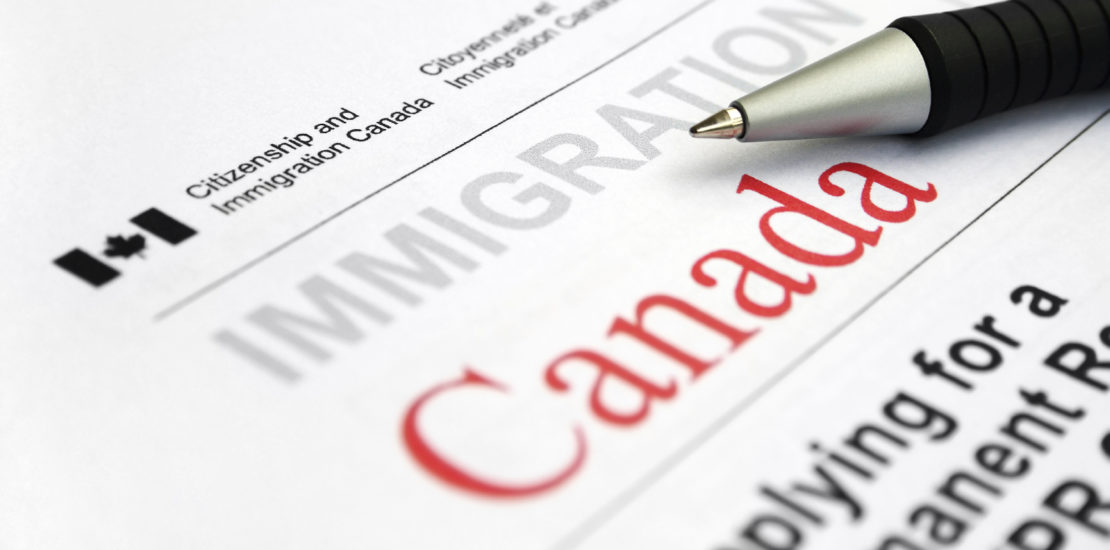- December 11, 2017
- Posted by: admin
- Category: Immigration

As the number of people deciding to move to Canada increases, making an informed decision is the best way to plan your move. While getting permanent residence is the first step towards Canadian immigration, it is also important to decide which province you want to live in. With that in mind, here’s a quick overview of the provinces of Canada:
Alberta is one of Canada’s economic powerhouses, and the center of the Canadian energy industry due to the massive Alberta tar sands. Engineers, oil rig workers, or managers working in Alberta’s oil industry can expect large salaries.
Many provinces operate PNP’s that require work experience in an occupation or industry that has been identified as ‘in-demand’ in the province. That usually means that there are a lot of employment opportunities in those fields in the province.
Keep in mind, though, that the end result of any Canadian immigration program, including PNPs, is Canadian permanent residence. As a permanent resident, the Canadian Charter of Rights and Freedoms protects your right to live and work anywhere in Canada.
You do not need a job offer to qualify for most Canadian immigration programs, but finding a job once you land in the country is usually a top priority for newcomers.
According to Statistics Canada, as of July 2017, the overall unemployment rate in Canada was one of the lowest in recent years, at 6.3%. However, this figure varies across provinces. One province which stands out is Ontario. Employment here rose by 26,000 in July 2017 and by 2019, the province will be raising its minimum wage to CAD $15.
A recent report used data from the Job Vacancy and Wage Survey (JVWS) to see which province scores the highest on minimum wage. Alberta scored the highest with 6 out of the province’s 7 regions appearing in the top 10 locations with the highest minimum wage. Apart from Alberta, Ontario also scored highly on the list.
Always keep in mind, however, that the industry you want to work in plays a big role. Some provinces have strong markets for particular industries, so it’s important that you do thorough research.
Certain parts of Canada are colder than others, too. Canada is the second largest country in the world, behind Russia. So the weather experienced in one part of the country can be very different from another part. Most major Canadian cities are clustered along Canada’s southern border, where temperatures stay more mild.
Each province has its own distinct climate – don’t make the mistake of thinking that winter in Montreal is the same as winter in Vancouver, Winnipeg, or Halifax!
In Canada, health insurance is handled by the province where you choose to live. Once you reach a new province, you must apply for health coverage. Once you receive a health card, you will be able to receive health coverage, usually after a maximum waiting period of three months.
Since healthcare is operated by individual provinces, there are some differences in service depending on where you choose to live. For example, British Columbia, Albert,a and Ontario require you to pay health care premiums for services provided. However, if for some reason you are unable to pay your premium, health care services cannot be denied.
